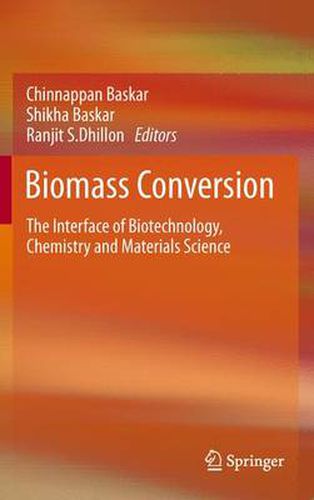Readings Newsletter
Become a Readings Member to make your shopping experience even easier.
Sign in or sign up for free!
You’re not far away from qualifying for FREE standard shipping within Australia
You’ve qualified for FREE standard shipping within Australia
The cart is loading…






This title is printed to order. This book may have been self-published. If so, we cannot guarantee the quality of the content. In the main most books will have gone through the editing process however some may not. We therefore suggest that you be aware of this before ordering this book. If in doubt check either the author or publisher’s details as we are unable to accept any returns unless they are faulty. Please contact us if you have any questions.
The consumption of petroleum has surged during the 20th century, at least partially because of the rise of the automobile industry. Today, fossil fuels such as coal, oil, and natural gas provide more than three quarters of the world’s energy. Unfortunately, the growing demand for fossil fuel resources comes at a time of diminishing reserves of these nonrenewable resources. The worldwide reserves of oil are sufficient to supply energy and chemicals for only about another 40 years, causing widening concerns about rising oil prices. The use of biomass to produce energy is only one form of renewable energy that can be utilized to reduce the impact of energy production and use on the global environment. Biomass can be converted into three main products such as energy, biofuels and fine chemicals using a number of different processes. Today, it is a great challenge for researchers to find new environmentally benign methodology for biomass conversion, which are industrially profitable as well. This book focuses on the conversion of biomass to biofuels, bioenergy and fine chemicals with the interface of biotechnology, microbiology, chemistry and materials science. An international scientific authorship summarizes the state-of-the-art of the current research and gives an outlook on future developments.
$9.00 standard shipping within Australia
FREE standard shipping within Australia for orders over $100.00
Express & International shipping calculated at checkout
This title is printed to order. This book may have been self-published. If so, we cannot guarantee the quality of the content. In the main most books will have gone through the editing process however some may not. We therefore suggest that you be aware of this before ordering this book. If in doubt check either the author or publisher’s details as we are unable to accept any returns unless they are faulty. Please contact us if you have any questions.
The consumption of petroleum has surged during the 20th century, at least partially because of the rise of the automobile industry. Today, fossil fuels such as coal, oil, and natural gas provide more than three quarters of the world’s energy. Unfortunately, the growing demand for fossil fuel resources comes at a time of diminishing reserves of these nonrenewable resources. The worldwide reserves of oil are sufficient to supply energy and chemicals for only about another 40 years, causing widening concerns about rising oil prices. The use of biomass to produce energy is only one form of renewable energy that can be utilized to reduce the impact of energy production and use on the global environment. Biomass can be converted into three main products such as energy, biofuels and fine chemicals using a number of different processes. Today, it is a great challenge for researchers to find new environmentally benign methodology for biomass conversion, which are industrially profitable as well. This book focuses on the conversion of biomass to biofuels, bioenergy and fine chemicals with the interface of biotechnology, microbiology, chemistry and materials science. An international scientific authorship summarizes the state-of-the-art of the current research and gives an outlook on future developments.